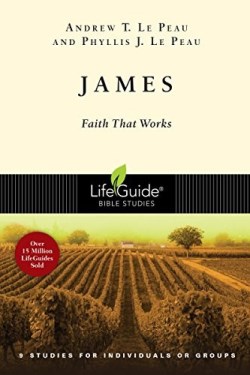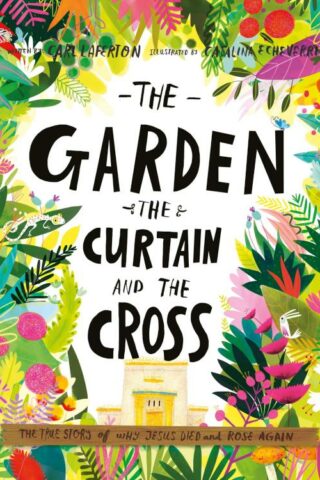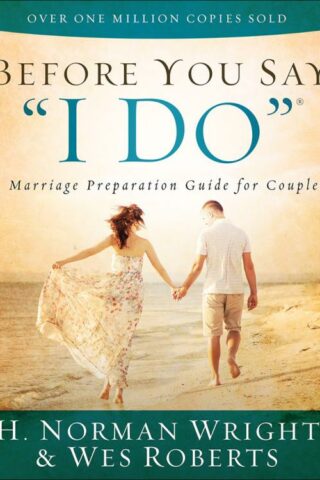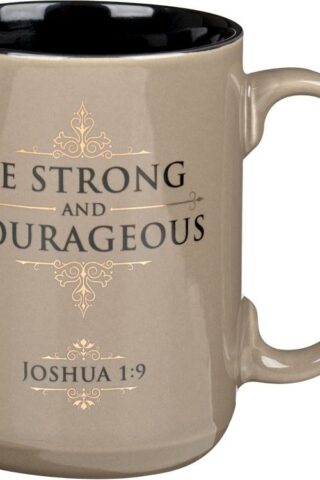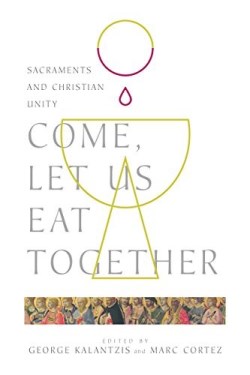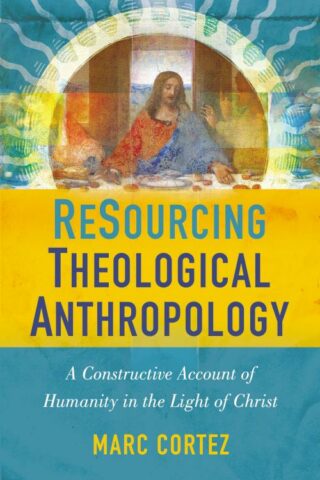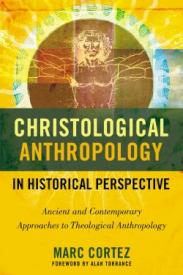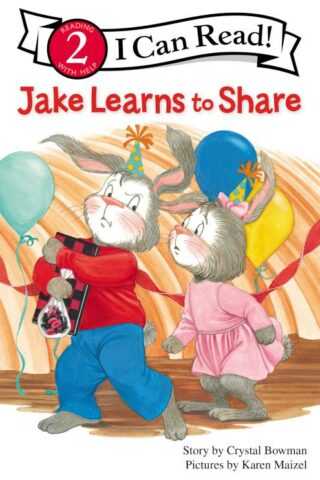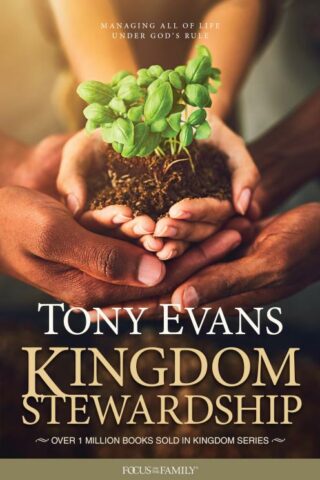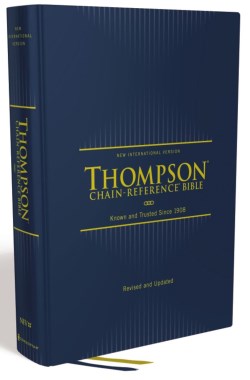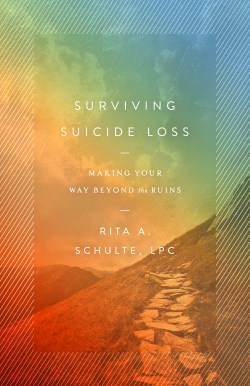Marc Cortez
Showing all 3 resultsSorted by latest
-
Come Let Us Eat Together
$30.99Acknowledgments
Introduction
1. The Supper Of The Lord: Goodness And Grace In 1 Corinthians 11:17-34 (Amy Peeler)
2. Churches And The Politics Of The Sacraments: Rethinking “Unity Of The Church” (D. Zac Niringiye)
3. In Persona Christi: The Catholic Understanding Of The Ordained Priesthood In Relation To The Eucharist (Thomas G. Weinandy)
4. A Way Forward: A Catholic-Anabaptist Ecclesiology (D. Stephen Long)
5. Ascension, Communion, And The Hospitality Of The Priest-King (Cherith Fee Nordling)
6. The Gospel We Share And The Unity We Seek: An Orthodox Contribution (Bradley Nassif)
7. Christ The Ursakrament (Katherine Sonderegger)
8. Visual Ecumenism: The Coy Communion Of Art (Matthew J. Milliner)
9. The Eucharist, The Risen Lord, And The Road To Emmaus: A Road To Deeper Unity? (Matthew Levering)
10. The Eschatological Dimension Of Sacramental Unity: An Orthodox Christian View (Paul L. Gavrilyuk)
11. “For You Have Been Planted Together With Christ”: Sacraments And The Life Of The Church (George Kalantzis)
12. Who Invited The Baptist? The “Sacraments” And Free Church Theology (Marc Cortez)
13. Sacraments And (Dis-)Unity: A Constructive Ecumenical Proposal Toward Healing The Divisions And Facilitating Mutual Recognition (Veli-Matti Karkkainen)
Contributors
Author Index
Subject Index
Scripture IndexAdditional Info
As Christians, we are called to seek the unity of the one body of Christ.But when it comes to the sacraments, the church has often been-and remains-divided. What are we to do? Can we still gather together at the same table?
Based on the lectures from the 2017 Wheaton Theology Conference, this volume brings together the reflections of Protestant, Roman Catholic, and Eastern Orthodox theologians, who jointly consider what it means to proclaim the unity of the body of Christ in light of the sacraments.
Without avoiding or downplaying the genuine theological and sacramental differences that exist between Christian traditions, what emerges is a thoughtful consideration of what it means to live with the difficult, elusive command to be one as the Father and the Son are one.
Add to cartin stock within 3-5 days of online purchase
-
Resourcing Theological Anthropology
$29.99Theologians working in theological anthropology often claim that Jesus reveals what it means to be “truly human,” but this often has little impact in their actual account of anthropology. ReSourcing Theological Anthropology addresses that lack by offering an account of why theological anthropology must begin with Christology. Building off his earlier study on how key theologians in church history have understood the relationship between Christology and theological anthropology, Cortez now develops a new proposal for theological anthropology and applies it to the theological situation today.
ReSourcing Theological Anthropology is divided into four sections. The first section explores the relevant Christological/anthropological biblical passages and unpacks how they inform our understanding of theological anthropology. The second section discusses the theological issues raised in the course of surveying the biblical texts. The third section lays out a methodological framework for how to construct a uniquely Christological anthropology. The final section builds on the first three sections and demonstrates the significance of Christology for understanding theological anthropology by applying the methodological framework to several pressing anthropological issues: gender and sexuality, race and ethnicity, and death and suffering.
Add to cartin stock within 3-5 days of online purchase
-
Christological Anthropology In Historical Perspective
$27.99Many theologians begin their discussion of the human person by claiming that in some way Jesus Christ reveals what it means to be “truly human,” but this often has little impact in the material presentation of their anthropology. Although modern theologians often fail to reflect robustly on the relationship between Christology and anthropology, though this has not necessarily been the case throughout church history. In Christological Anthropology in Historical Perspective, Marc Cortez looks at the ways several key theologians-Gregory of Nyssa, Julian of Norwich, Martin Luther, Friedrich Schleiermacher, Karl Barth, John Zizioulas, and James Cone-have used Christology to inform their understanding of the human person. Based on this historical study, he concludes with a constructive proposal for how Christology and anthropology should work together to inform our view of what it means to be human.
Add to cartin stock within 3-5 days of online purchase

